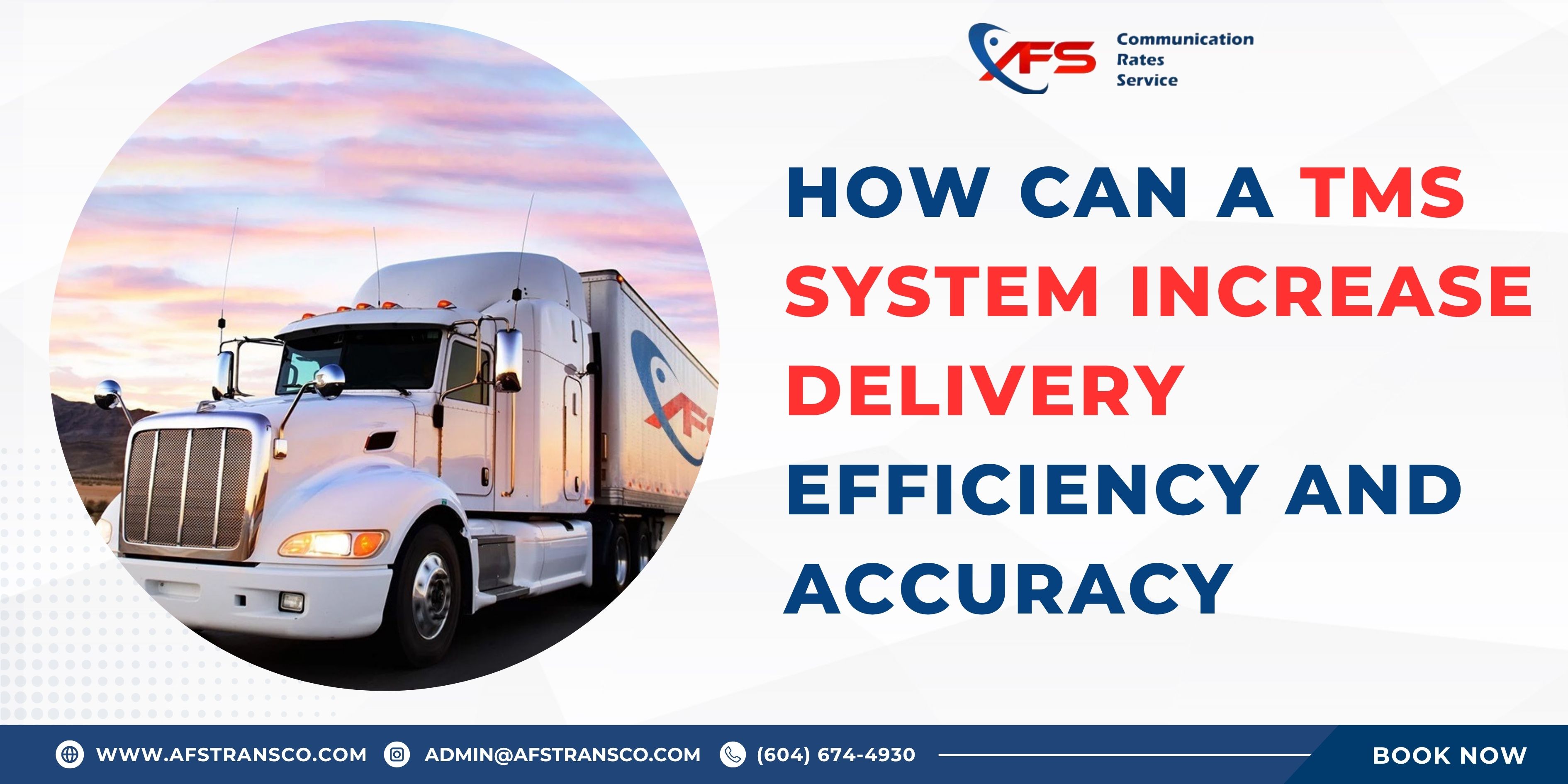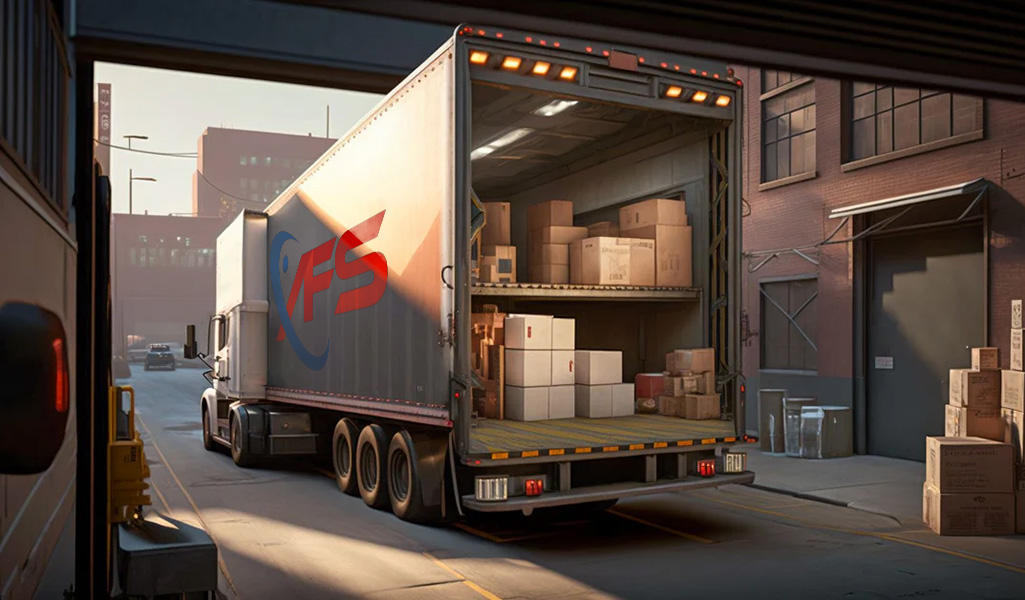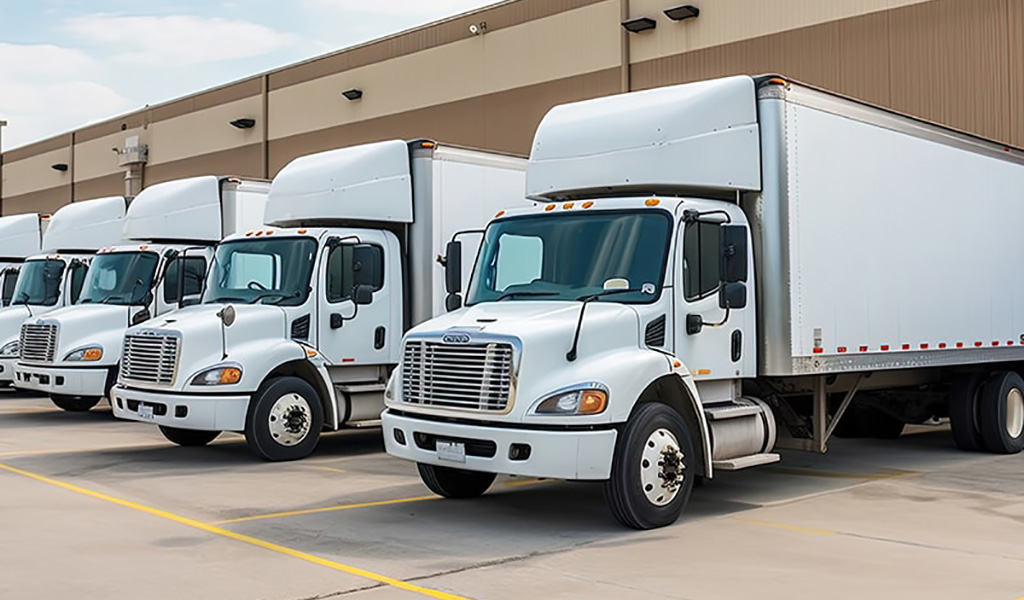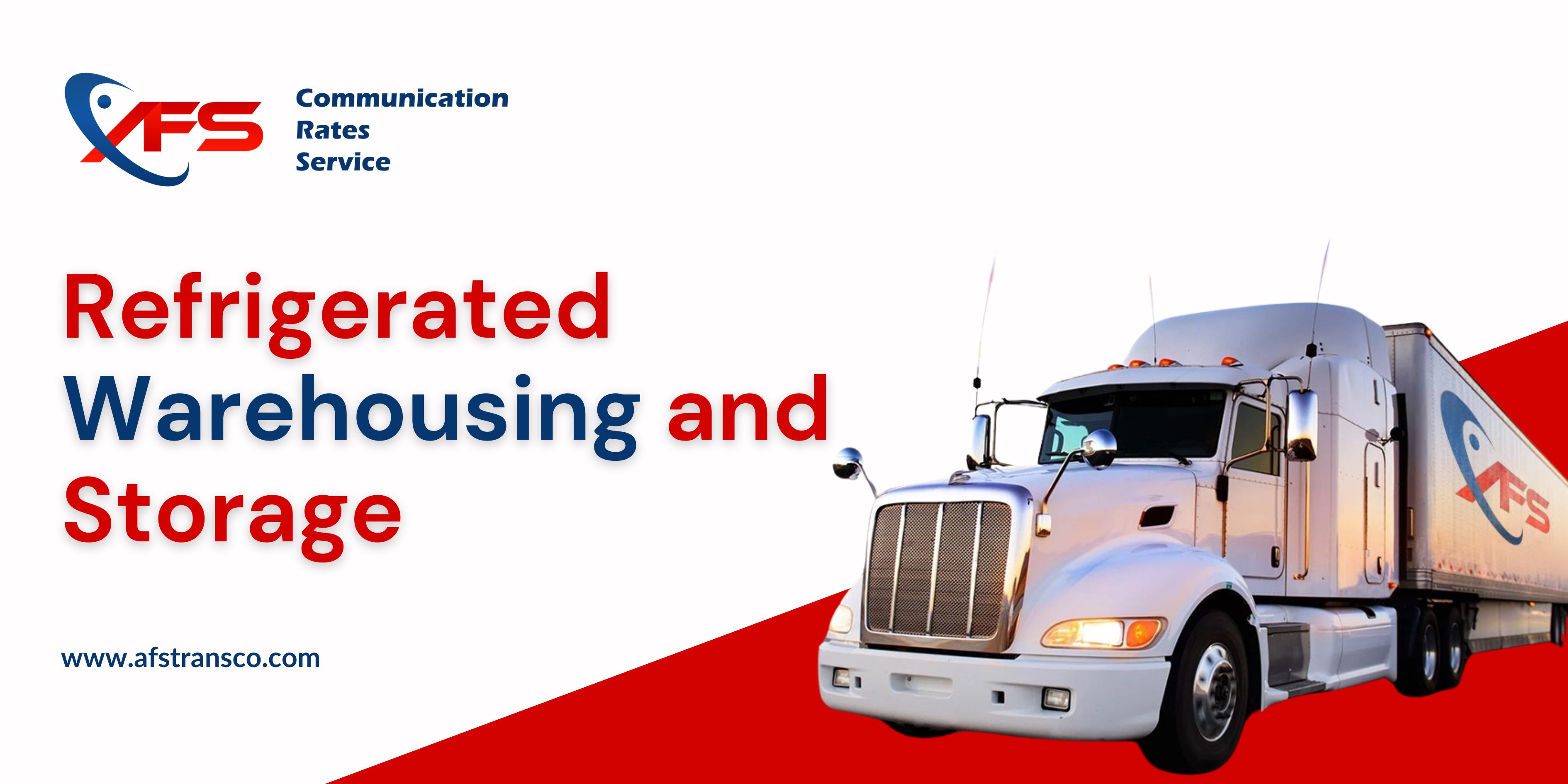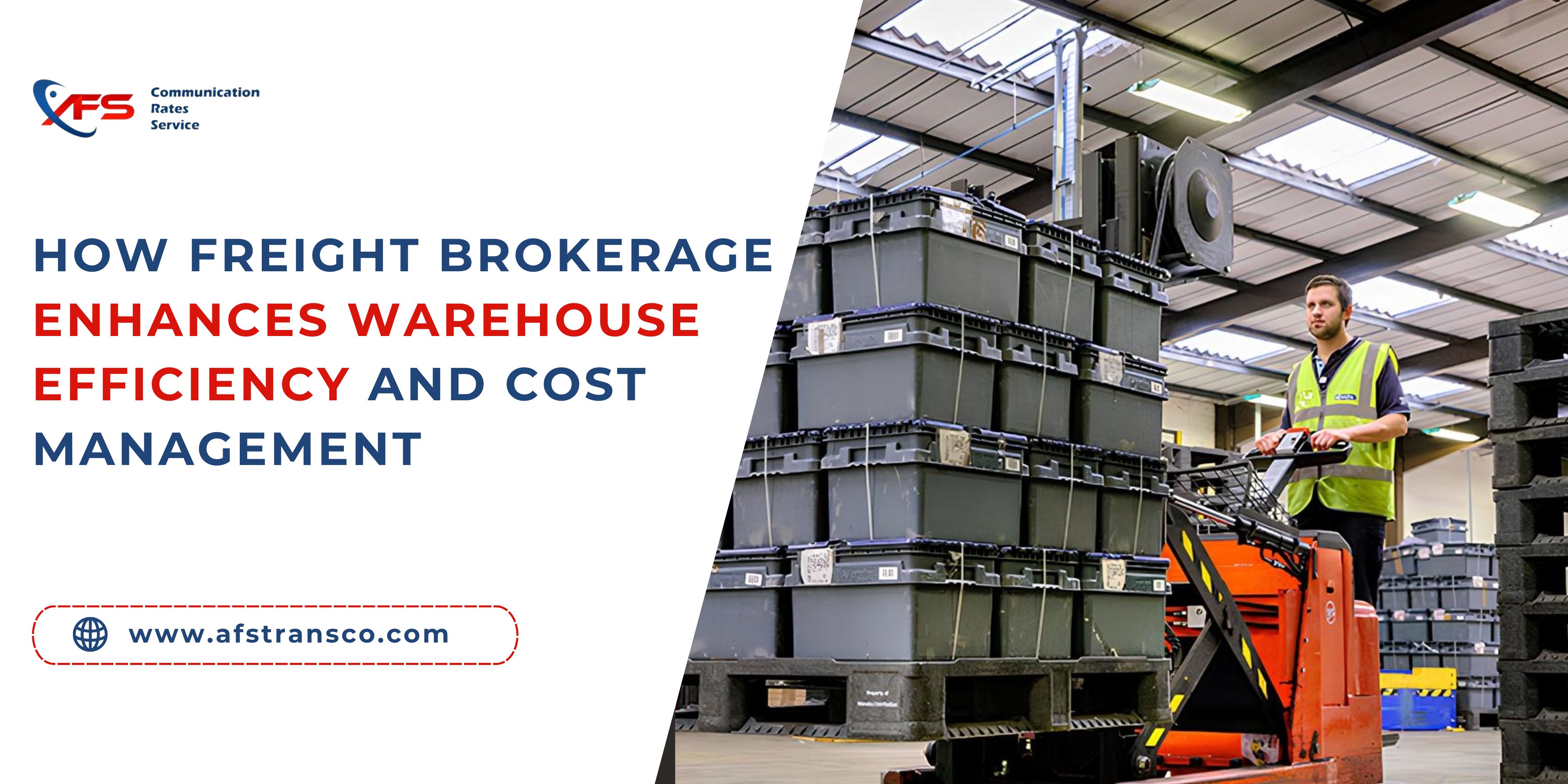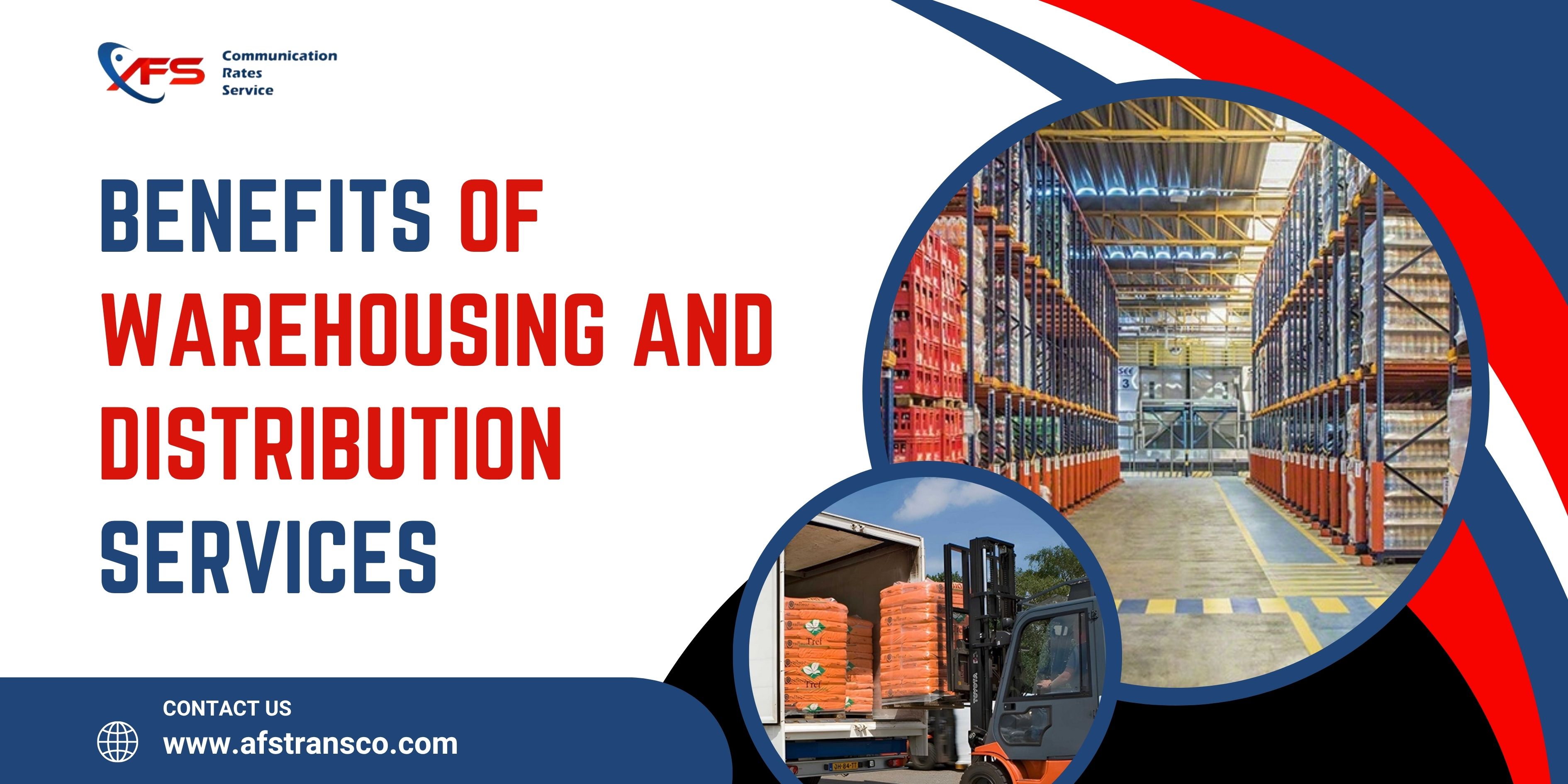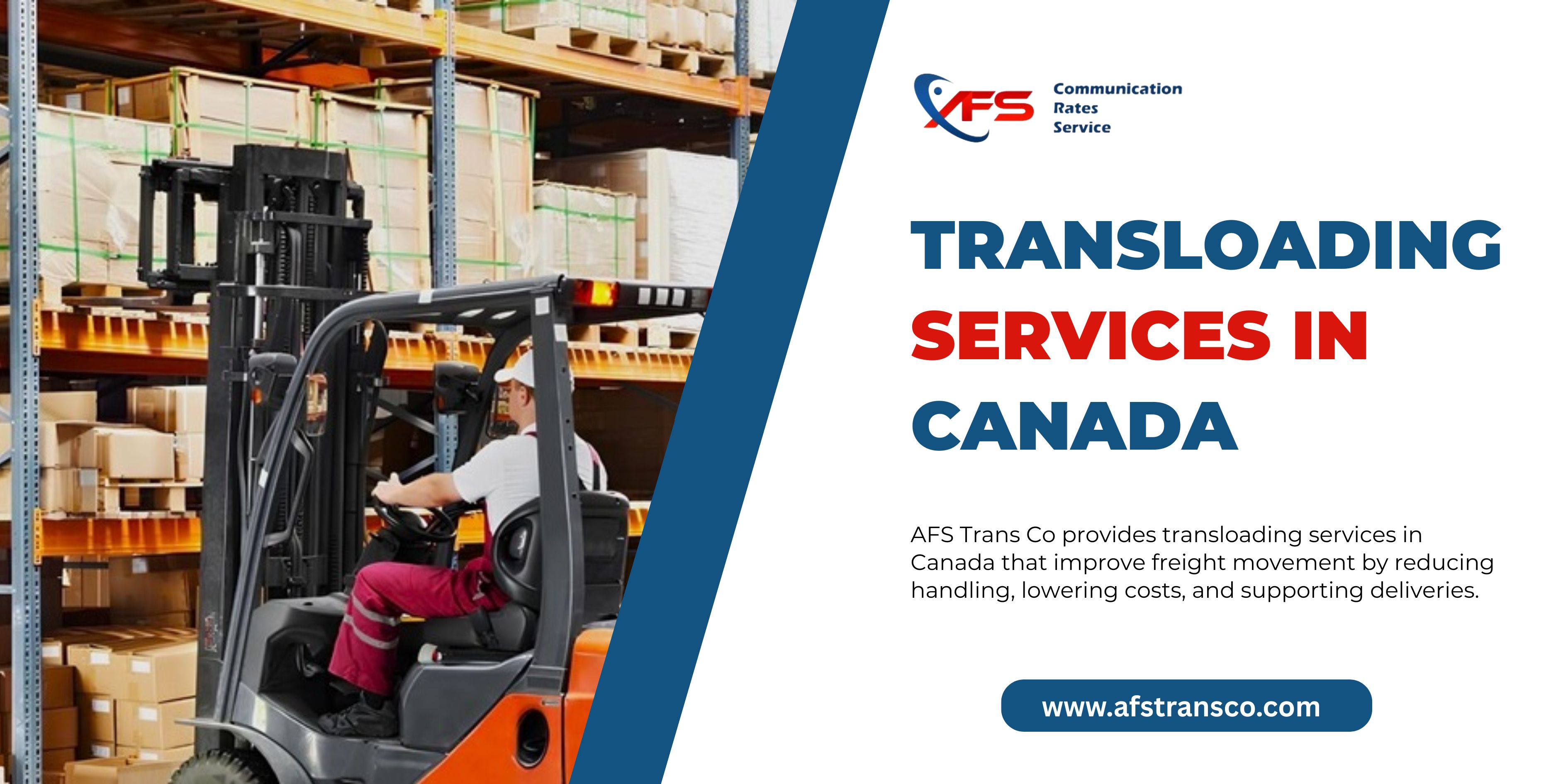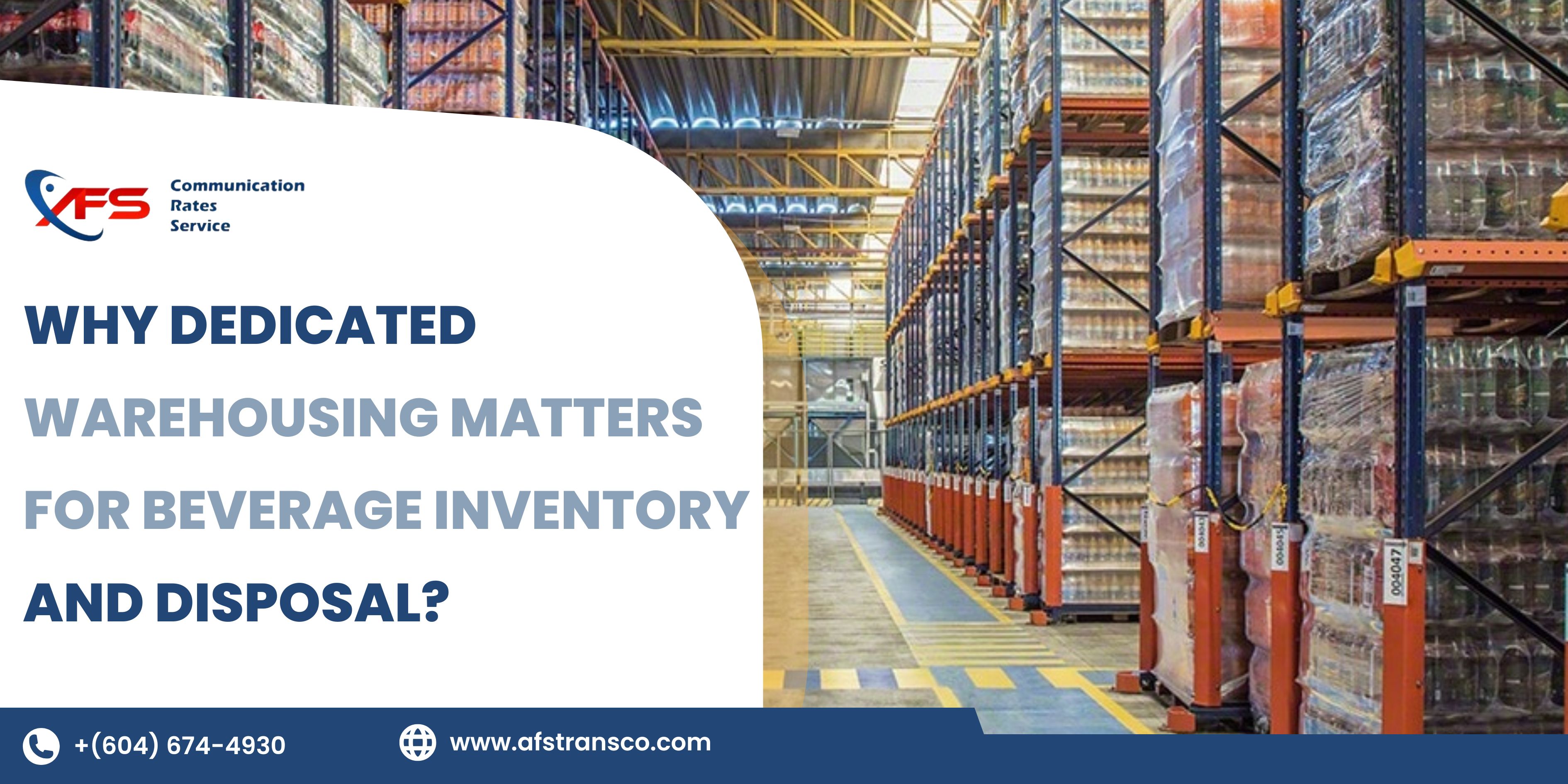In today’s fast-moving world, the transportation and logistics industry faces growing demands for faster, more accurate deliveries. Whether you’re a logistics trucking company managing nationwide freight or a business offering specialized logistics trucking services, maintaining efficiency and precision is no longer optional — it’s critical. That’s where a TMS system trucking solution comes into play. A Transportation Management System (TMS) can transform your operations, saving time, cutting costs, and improving customer satisfaction. Let’s explore how integrating a TMS can supercharge your delivery operations.
What Is a TMS System in Trucking?
A TMS system trucking platform is a software tool designed to streamline and optimize the entire transportation process. From planning routes and scheduling shipments to tracking deliveries and managing returns, a TMS acts as the central hub for logistics trucking services. It empowers companies to automate key tasks, gather important data, and make informed decisions faster.
By implementing a TMS, logistics trucking companies can minimize human error, enhance communication across supply chain partners, and ensure goods reach customers on time — every time.
1. Real-Time Tracking Improves Delivery Accuracy
One of the most powerful features of a TMS system trucking solution is real-time tracking. With live updates on vehicle locations, shipping status, and estimated delivery times, companies can keep customers informed and quickly address any delays. This transparency not only builds trust but significantly improves delivery accuracy.
2. Route Optimization Enhances Efficiency
A key advantage of using a TMS is its advanced route optimization capabilities. Instead of relying on outdated maps or manual planning, a TMS evaluates multiple factors — traffic patterns, weather, fuel costs, and delivery windows — to create the most efficient delivery routes.
- Shorter driving times
- Reduced fuel consumption
- Lower operational costs
By optimizing routes, businesses can complete more deliveries in less time, improving overall efficiency without sacrificing accuracy.
3. Automated Dispatch Reduces Human Error
Dispatching drivers manually often leads to mistakes — missed pickups, scheduling conflicts, or sending trucks on inefficient routes. A TMS system trucking software automates the dispatch process, ensuring that the right driver with the right vehicle is assigned to the correct job.
- Reduces administrative burden
- Enhances dispatcher-driver communication
- Minimizes costly delivery errors
Automation ensures that deliveries happen smoothly and that operations remain organized and efficient
4. Analytics and Reporting Drive Continuous Improvement
Another major benefit of adopting a TMS is the access to detailed analytics and reporting tools. These insights allow logistics trucking companies to measure performance, identify problem areas, and make data-driven improvements.
Key metrics like on-time delivery rates, fuel efficiency, driver performance, and customer satisfaction can all be monitored through a TMS. Over time, using these insights leads to smarter decision-making and a noticeable boost in both efficiency and accuracy.
5. Seamless Integration with Other Logistics Systems
Modern logistics trucking services often rely on multiple digital platforms to manage warehousing, inventory, customer communication, and payments. A TMS is designed to integrate easily with these systems, creating a seamless information flow across the supply chain.
- Better inventory control
- Improved customer service
- Reduced logistical errors
By tying together all aspects of transportation and supply chain management, a TMS improves operational visibility and delivery outcomes.
6. Improved Customer Communication and Satisfaction
Today’s customers expect real-time updates and accurate delivery windows. A TMS system trucking platform enables businesses to provide proactive notifications about shipment status, estimated arrival times, and any unexpected delays.
Clear and consistent communication helps manage customer expectations and builds trust. When customers feel informed and valued, they are more likely to remain loyal and recommend your logistics trucking services to others.
Conclusion: Why Your Logistics Trucking Company Needs a TMS
If your logistics trucking company is still relying on manual processes or outdated systems, you are missing out on huge opportunities to improve efficiency and accuracy. A robust TMS system trucking solution doesn’t just streamline operations — it gives you a competitive edge in a challenging marketplace.
From real-time tracking and route optimization to automation and advanced reporting, a TMS transforms the way you manage deliveries. It ensures your logistics trucking services meet the highest standards of speed, reliability, and customer satisfaction.
Ready to take your delivery operations to the next level?
Invest in a TMS today and watch your business drive toward greater success and efficiency.
